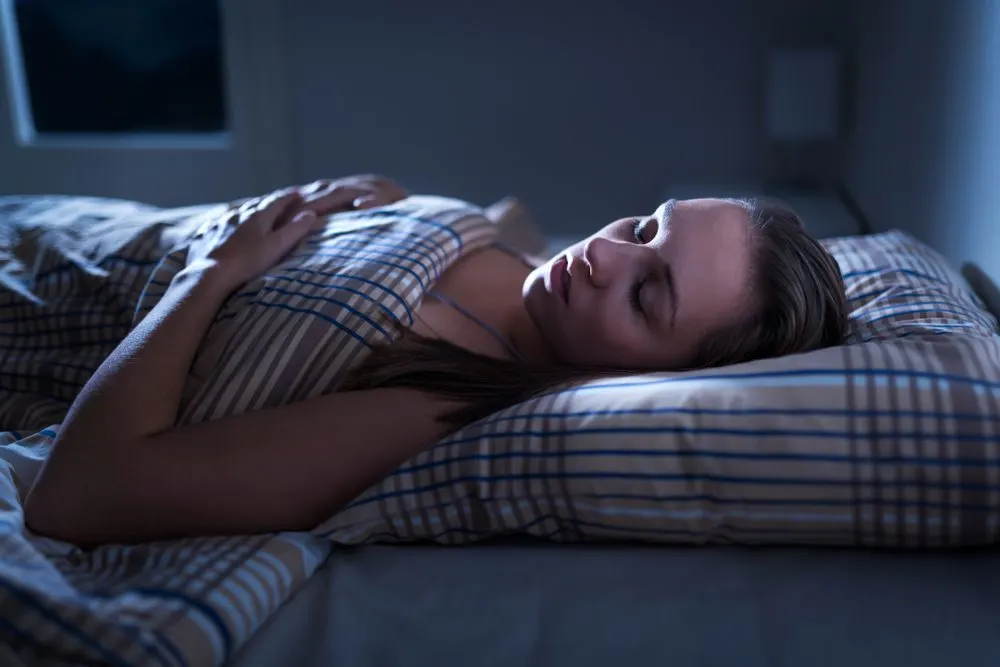By Milcah Tanimu
Sleep jerks, characterized by involuntary muscle contractions or spasms that occur during the transition from wakefulness to sleep, often raise questions about their causes. Here are some factors contributing to sleep jerks:
1. **Brain Activity Changes:** Shifts in neural activity during the brain’s transition from wakefulness to sleep may trigger involuntary muscle contractions, leading to sleep jerks.
2. **Stress and Anxiety:** Elevated stress levels or anxiety can increase the likelihood of experiencing sleep jerks. Stress-induced muscle contractions may persist into the initial stages of sleep.
3. **Lack of Sufficient Sleep:** Chronic fatigue or insufficient sleep can disrupt the smooth transition between wakefulness and sleep, potentially resulting in sleep jerks.
4. **Caffeine and Stimulants:** Consumption of stimulants, especially close to bedtime, can influence the occurrence of sleep jerks. Stimulants impact the nervous system and contribute to muscle twitches.
While sleep jerks are generally harmless, frequent or intense episodes may affect sleep quality, leading to daytime fatigue. Managing stress, ensuring sufficient sleep, and limiting stimulants can help reduce the occurrence of sleep jerks and improve overall sleep hygiene.

Leave a Reply